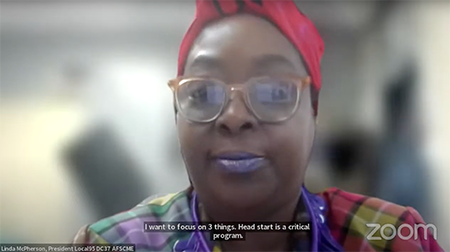
Or at least an answer.) The theme of self-image carries into the third story of this cycle, “Fatima, the Biloquist: A Transformation Story,” in which youthful romantic rituals, awkward as ever, are further complicated by presumptions of racial “authenticity.” In these and other stories, Thompson-Spires is attentive to telling details of speech, comportment, and milieu, sometimes to devastating effect. The next story, “The Body’s Defenses Against Itself,” follows these girls, Christinia and Fatima, through high school and into adulthood as they continue to needle each other over issues of appearance and weight. All these traits are evident in an epistolary narrative entitled “Belles Lettres,” which tells its story through a series of increasingly snarky notes exchanged between two African-American mothers via the backpacks of their young daughters, the only two black students in their class at a California private school, who are engaged in some stressful and, at times, physical conflict with each other. In her debut story collection, Thompson-Spires flashes fearsome gifts for quirky characterization, irony-laden repartee, and edgy humor.

A bold new voice, at once insolently sardonic and incisively compassionate, asserts itself amid a surging wave of young African-American fiction writers.


 0 kommentar(er)
0 kommentar(er)
